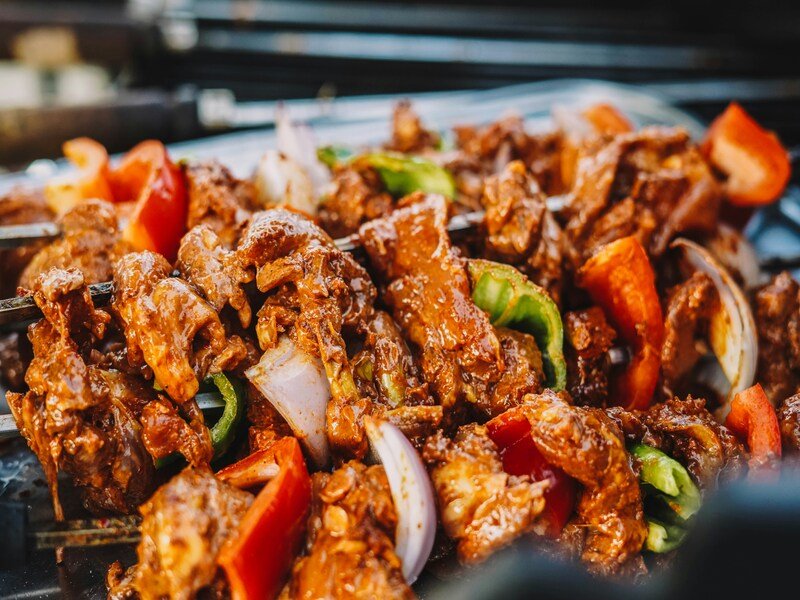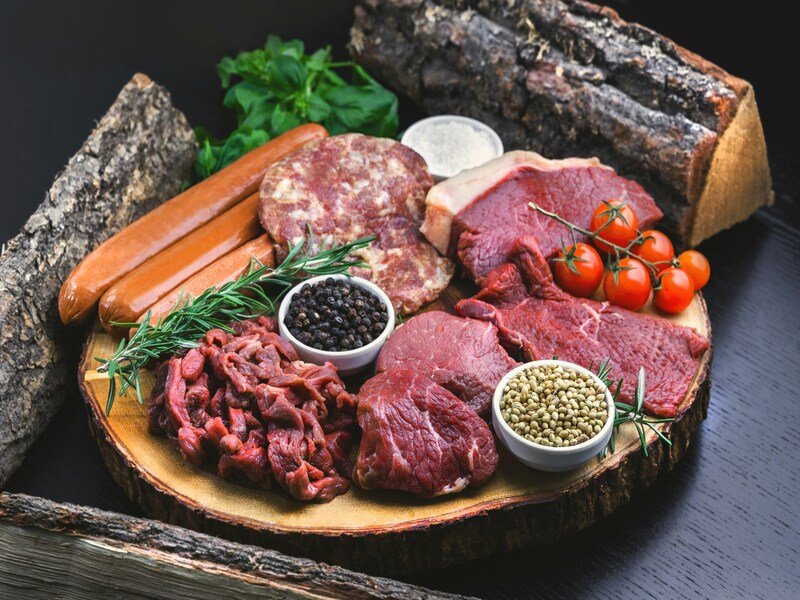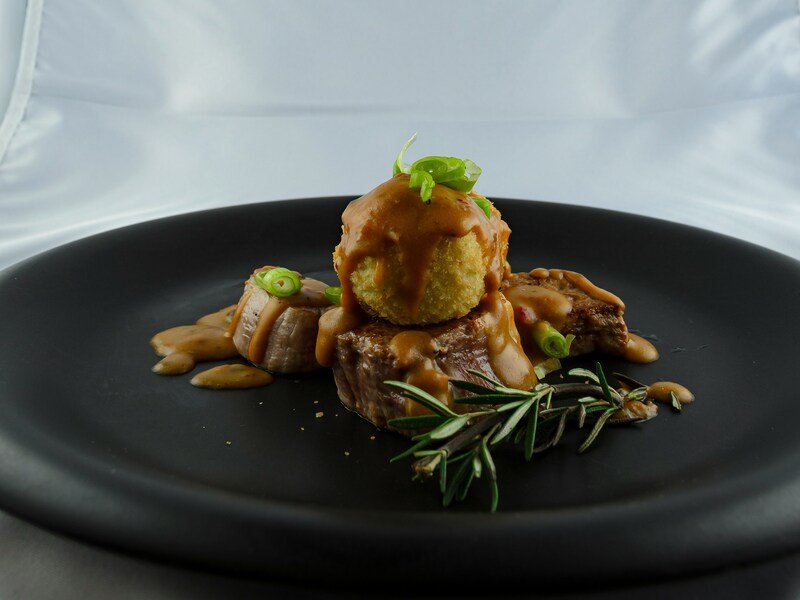First and foremost, pork tenderloin graces tables worldwide as a common cut of meat due to its delicious and adaptable nature. It boasts a robust nutritional profile alongside its simplicity and deliciousness. In this comprehensive guide, we delve into the protein composition, vitamins, minerals, and nutritional information of pork tenderloin, showcasing how it integrates into a balanced diet.

Recognizing Pork Tenderloin:
Pork tenderloin, made from the pig’s backbone muscle, is leaner than other cuts, making it a healthier option.
• That’s an adaptable cut that works well for stir-fries, sandwiches, roasting, sautéing, and grilling.
2. Composition of Macronutrients:
• Pork tenderloin provides 22 grams of protein per 3-ounce serving, making it an excellent source for tissue growth and repair. It should be a staple in every diet due to its protein content.
•
Pork tenderloin contains only about 3 grams of fat per serving, which is relatively low for such a delicious and tender cut. This makes it a lean alternative for individuals managing their fat consumption.
• Carbs: Because pork tenderloin is naturally carbohydrate-free, it can be included in low-carb or ketogenic diet plans.
3. Vitamins and Minerals: It is high in vitamin B12, vital for various bodily functions like production, DNA synthesis, and neuron function.
• Vitamin B6: This crucial B vitamin, which is present in pork tenderloin, is involved in immunological response, brain development, and metabolism.
• Iron: Pork tenderloin nutrition information indicates that it provides a good source of iron; a 3-ounce portion supplies about 6% of the daily required dose. Iron is essential for the blood to carry oxygen and prevent anemia.
• Zinc: Another mineral that is present in large amounts in pork tenderloin, zinc aids in DNA synthesis, wound healing, and immune system function.
• Phosphorus: Pork tenderloin is rich in phosphorus, essential for healthy bones, energy synthesis, and cell repair..
4. Health Advantages:
• Source of Lean ProteinPork tenderloin serves as a lean protein source, fostering muscle growth and repair while minimizing fat intake.
• Nutrient Density: Pork tenderloin packs vital vitamins and minerals, making it a nutrient-dense meal option.
• Heart Health: Pork tenderloin’s low fat content makes it a heart-healthy choice when part of a balanced diet low in saturated fat and cholesterol..
5. Including Pork Tenderloin in Your Meal Plans:
• Grilled Pork Tenderloin: For a tasty and nutritious supper, marinate pork tenderloin in your preferred herbs and spices and then grill it to perfection.
• Combine garlic, rosemary, and olive oil to rub onto the pork tenderloin, then roast until moist and delicious.
• Stir-fried meat tenderloin: Slice the meat thinly and stir-fry with sauce and vegetables for a quick and tasty midweek supper.
• Sandwiches with pork tenderloin: Thinly slice leftover pork tenderloin and serve with lettuce, tomato, and mustard on whole-grain bread for a satisfying sandwich.

In conclusion, pork tenderloin nutrition information indicates that it emerges as a nutritional powerhouse, boasting rich protein, vitamins, and minerals, along with its reputation for being a tasty and adaptable meat cut. Whether grilling, roasting, or stir-frying, pork tenderloin amplifies meal variety and delivers numerous health benefits. So, next time you’re grocery shopping, consider picking up some pork tenderloin and exploring its versatile culinary potential.

